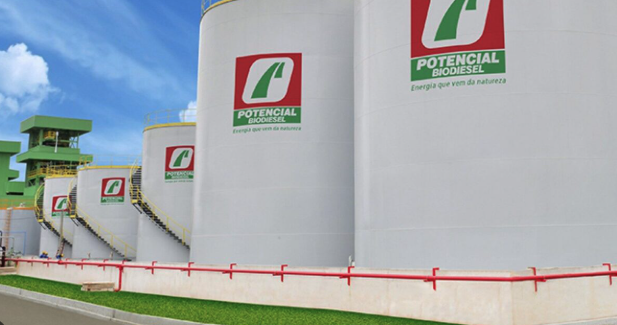The recent proposal to pause the mandatory 90-day blending of biodiesel with fossil diesel is a major setback for Brazil, both economically and environmentally. This measure not only threatens the sustainability of the biodiesel industry but also puts thousands of jobs at risk and impacts the income of family farmers dependent on this production chain.
The biodiesel industry is a vital pillar for job creation and economic growth. In 2022, a survey conducted by the Esalq/USP Applied Economics Research Center (Cepea) and the Brazilian Vegetable Oil Industry Association (Abiove) found that the soybean and biodiesel sectors created 2.05 million jobs, representing 10.8% of total agricultural employment in Brazil. This marks an 80% increase in employment compared to 2012 when the first report in this series was published. Suspending the mandatory blending would directly affect these jobs, leading to widespread unemployment and severe negative impacts on several regional economies.
Additionally, removing biodiesel from fossil diesel would significantly raise greenhouse gas emissions. It is estimated that the suspension could increase carbon dioxide emissions by 4.5 million tons, further intensifying the climate crisis.
